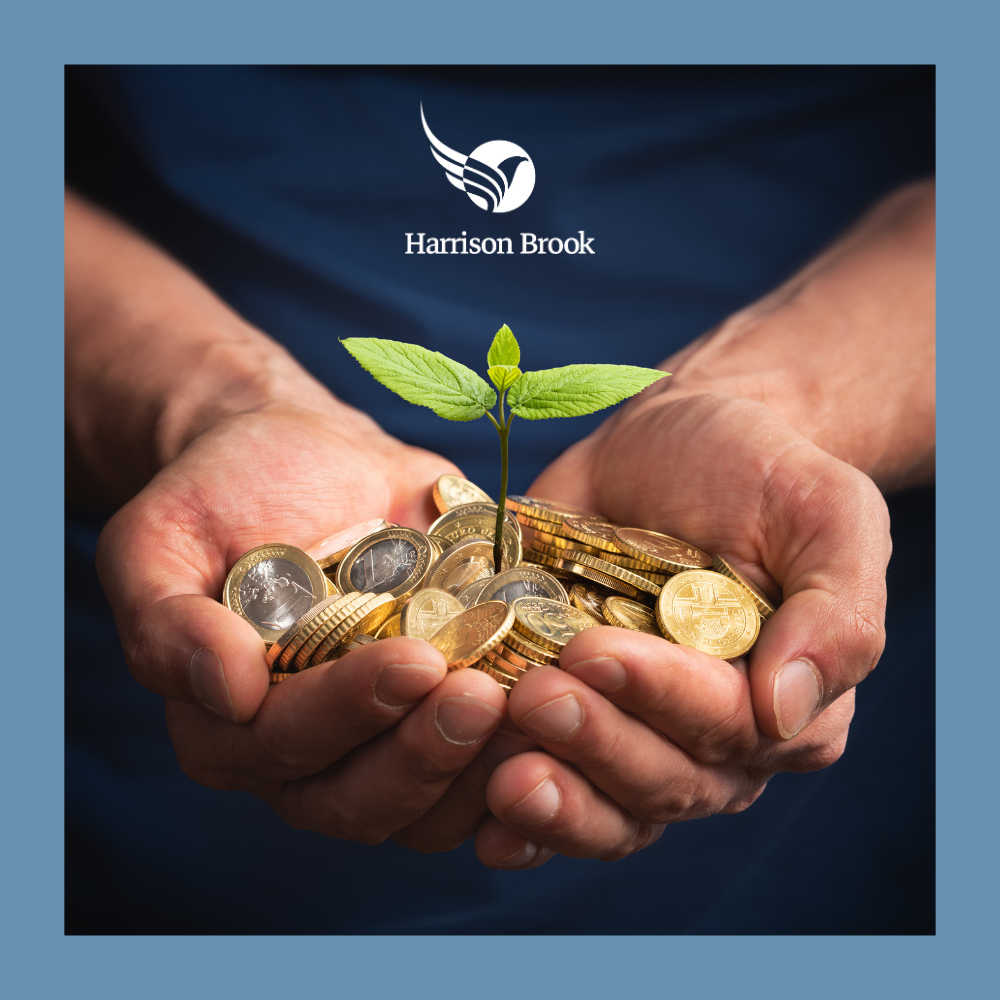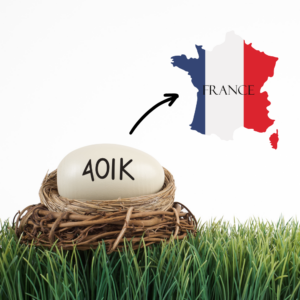
Have you been wondering if there are assurance vie for US expats in France? Have you heard of the harsh PFIC rules leaving Americans with limited options?
Assurance Vie for US expats in France
Have you been wondering if there are assurance vie for US expats in France? Have you heard of the harsh PFIC rules leaving Americans with limited options? The truth is that opening a French assurance vie account is one of the most common mistakes we encounter with Americans living in France. US expats need to be very careful when navigating the complicated world of US and French financial and fiscal compliance. However, with the right guidance from a cross-border advisor, there are safe, secure ways for Americans to invest their money while living in France.
What is an assurance vie account?
While assurance vie translates into English as “life insurance”, it has nothing to do with insurance, but rather the de facto investment account offered by French banks or investment firms. (prévoyance décès is the French equivalent of ‘life insurance’). Assurance vie provides a tax friendly option for French clients looking to invest their money. The two big advantages are the very low tax rate on capital gains after seven years, and 152,500 euros can pass on to your beneficiaries tax-free if you pass away.
The fire breathing dragon – the dreaded IRS PFIC declaration
It’s often due to simple ignorance that US expats in France end up with an assurance vie account in the first place. If you’ve gone through the experience of opening a checking account with a local French bank, it’s almost guaranteed they will try to convince you to open an assurance vie as well. The big problem is that most French bankers are unaware that the IRS considers the investments in these accounts Passive Foreign Investment Companies (PFICs), and subsequently require filing the very complicated IRS form 8621, as well as a capital gains tax rate of up to 40%. In short, local French bankers and financial advisors don’t do the extra legwork to verify that what they offer is tax efficient for US-connected clients and their US tax obligations.
Working through the layers
To be exact, the assurance vie, in itself, isn’t the real problem, but rather the investments within it. Normally these accounts will be invested in European funds – similar to US mutual funds – providing a mix of securities that match your risk profile. In fact, many French banks will only offer these types of European fund investments for your assurance vie account. Unfortunately, it is exactly these European funds that the IRS considers PFICs.
So what options do I have?
- Keep it in cash: If you keep your assurance vie in cash, you would then avoid having to file any PFICs with the US government. However, at that point, it would probably be easier just to keep the cash in a savings account. The internal fees of the assurance vie would create a negative return.
- Single stocks: There are a few banks – very few for that matter – that will allow you to open a brokerage account with just single stocks and bonds. However, their selection of securities tends to be small and do not offer diversified solutions such as ETFs.
- Non-connected spouse: Your spouse can simply open an assurance vie account in their name, if, of course, they are not US-connected. They would not be concerned with US tax requirements, so they can take full advantage of the investment solutions in France. In addition, Harrison Brook offers a range of investment and assurance vie products with lower fees and a larger selection of investments than local French banks.
- The Harrison Brook solution: If you are looking to invest your money wisely, Harrison Brook has built relationships with custodians that allow US expats to invest in IRS compliant funds and ETFs (non-PFIC), even if you have a foreign address. As professional advisors, we have access to trading platforms with a wide range of investments, even for US expats living in France.
The Harrison Brook Solution
Our US expats client can invest in US ETFs with some of the world’s most respected names such as Morningstar, IBKR, RBC, and SEI:
- No initial setup or ongoing platform fees
- Easy onboarding process
- Whole of market access including single stocks, bonds and ETFs
- Provides 1099 form for easy tax filing
- Custody in the US or the EU
Watch out for assurance vie fees
A big problem with assurance vie accounts is the many hidden fees. Providers will often ask for an entry fee, continuous management fee, and even possibly an exit fee. Furthermore, the funds they choose often have high expense ratios, digging even more into your hard-earned money.
The bottom line is French assurance vie accounts are often very expensive when compared to other options offered by Harrison Brook. We mostly work with custodians who don’t have entry or exit fees and have the lowest platform fees on the market. Our investment portfolios are always composed of low-cost ETF funds unless otherwise requested by our client.
Peace of Mind with a Harrison Brook Advisor
If you are an American expat, feeling overwhelmed by your cross-border financial and fiscal responsibilities, why not opt for the peace of mind of working with a financial advisor at Harrison Brook? We have done the legwork to find the partners that can best service U.S. expats in France, whether it’s for taxes, estate planning, and immigration. The financial advisors at Harrison Brook can guide you in finding the best solutions to attain your financial and personal goals. Harrison Brook is here to assist you in managing your financial assets, so don’t hesitate to book a meeting with us.



